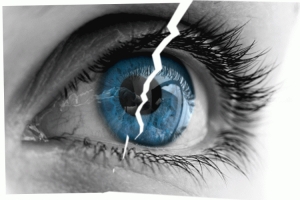 |
| Dr. Hitesh K. Patel Edison Photo Credit: Medicmagic.net |
Eye physicians like Dr. Hitesh K. Patel of Edison, New Jersey state that while some types of contact lenses may not need constant cleaning, many others still require regular disinfecting to retain clear and crisp vision and prevent discomfort and infections caused by various microbial formations such as biofilms. There are many products that are used to clean contact lenses:
Multipurpose solutions. The most popular cleaning solution for contact lenses, multipurpose solutions are suitable for rinsing, disinfecting, cleaning and storing lenses, and in most cases, eliminating the need for protein removal enzyme tablets.
Hydrogen peroxide solution. This disinfecting solution is available in two-step or one-step packages. With two-step products, the peroxide must first be rinsed away with saline solution before the lenses may be worn, because hydrogen peroxide is an irritant and strong oxidizer.
 |
| Dr. Hitesh K. Patel Edison Photo Credit: Eyedoctorguide.com |
Enzymatic cleaner. Dr. Hitesh K. Patel of Edison, New Jersey always takes special measurements when dealing with contact lenses and their disinfection. He states that such products as enzymatic cleaners are very safe to use as they are able to remove protein deposits off lenses. Protein deposits make contact lenses very uncomfortable when worn, and may cause various eye irritations.
Ultraviolet, vibration, or ultrasonic devices. These devices are used to both disinfect and clean contact lenses. The lenses are inserted inside the portable device for few minutes during which both microorganisms and protein build-up are completely removed.
 |
| Dr. Hitesh K. Patel Edison Photo Credit: Artisanoptics.com |
For more information about Dr. Hitesh K. Patel, visit www.pateleyeassociates.com.



